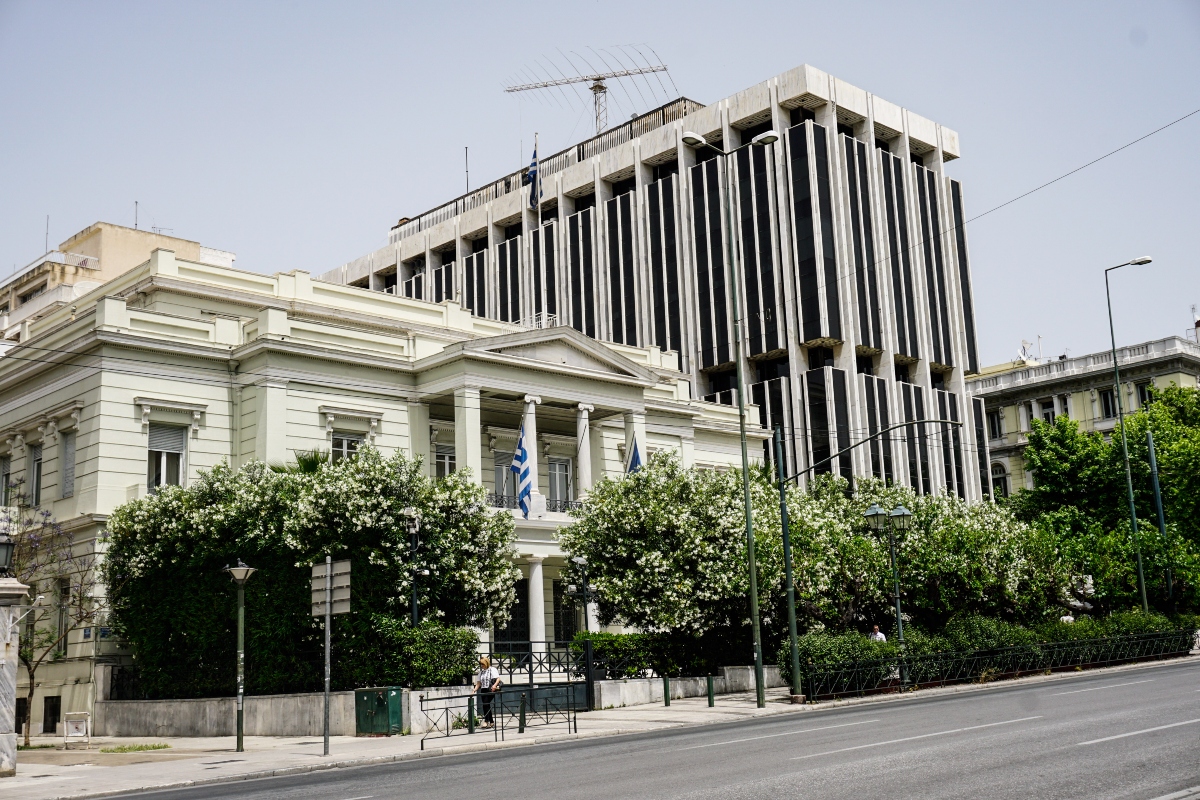The Eastern Mediterranean has once again become the epicenter of maritime disputes, with Greece and Libya clashing over sovereign rights in contested waters south of Crete. The latest diplomatic escalation follows a note verbale submitted by Libya’s transitional government on June 20, challenging Greece’s hydrocarbon exploration plans in the area.
In response, Greece, through its Permanent Mission to the United Nations, submitted a strongly worded counter-demarche, rejecting Libya’s claims as incompatible with international law—specifically, the United Nations Convention on the Law of the Sea (UNCLOS).
Background: The Legacy of the 2019 Turkey–Libya Memorandum
The current dispute is rooted in the controversial Turkey–Libya maritime delimitation agreement signed in 2019. The deal sought to establish an Exclusive Economic Zone (EEZ) between the two countries, deliberately ignoring the existence of key Greek islands such as Crete, Karpathos, and Rhodes. The agreement was widely criticized and not recognized by the international community, as it defies the principles of UNCLOS by denying island states their maritime entitlements.
In 2020, Greece and Egypt signed a counter-agreement, delimiting their respective EEZs in accordance with international law and the equidistance (median line) principle. This agreement serves as a legal and geographic counterweight to the Turkish-Libyan memorandum.
The Hydrocarbon Tender and Libyan Objections
The recent trigger for renewed tensions was Greece’s international tender for hydrocarbon exploration south of Crete. Libya objected, claiming that the designated offshore blocks infringe on its continental shelf. However, the Greek response to the UN clarifies that the areas in question lie entirely within Greece’s continental shelf, based on the median line between the two countries, and do not infringe on any legitimate Libyan maritime rights.
The Greek demarche also includes detailed cartographic documentation, highlighting the discrepancies between internationally accepted maritime boundaries and the claims made by Libya—which, in their eastern extent, appear to replicate the contours of the non-recognized Turkey–Libya agreement.
Greece Reaffirms the Legal Status of Islands
Crucially, Athens reiterated its long-standing legal position: islands, regardless of size or population, are entitled to a continental shelf and Exclusive Economic Zone, as per UNCLOS. The Libyan and Turkish attempts to dismiss these rights not only undermine international maritime law but also challenge the sovereign rights of EU member states.
Diplomatic Outreach Amid Firm Stance
Despite the strong legal and political rebuttal, Greece remains open to dialogue. The Greek government has proposed the formation of a joint technical and negotiation team with Libya to discuss maritime delimitation in good faith and in accordance with international law.
This dual-track approach—legal firmness combined with diplomatic engagement—reflects Greece’s broader strategy in the Eastern Mediterranean: to uphold sovereignty and legality while avoiding unilateral escalation.
Regional and Strategic Implications
The Greek–Libyan maritime standoff cannot be viewed in isolation. It forms part of the larger geopolitical chessboard of the Eastern Mediterranean, where energy resources, regional alliances, and international law intersect. Greece has been deepening strategic ties through trilateral formats with Egypt, Israel, and Cyprus, while reinforcing its naval presence in the region and its alignment with EU and U.S. policies.
Law, Sovereignty, and Regional Stability
Greece’s recent submission to the United Nations is more than a response to Libya—it is a defense of the rules-based international order in maritime affairs. As tensions simmer and regional energy stakes rise, the coming months will be critical in determining whether dialogue can prevail over disputed maps and geopolitical pressure.
As Athens asserts its rights with maps and legal texts, and Tripoli clings to an outdated and contested memorandum, the Eastern Mediterranean remains a theater where diplomacy, law, and energy collide.
Source: pagenews.gr
